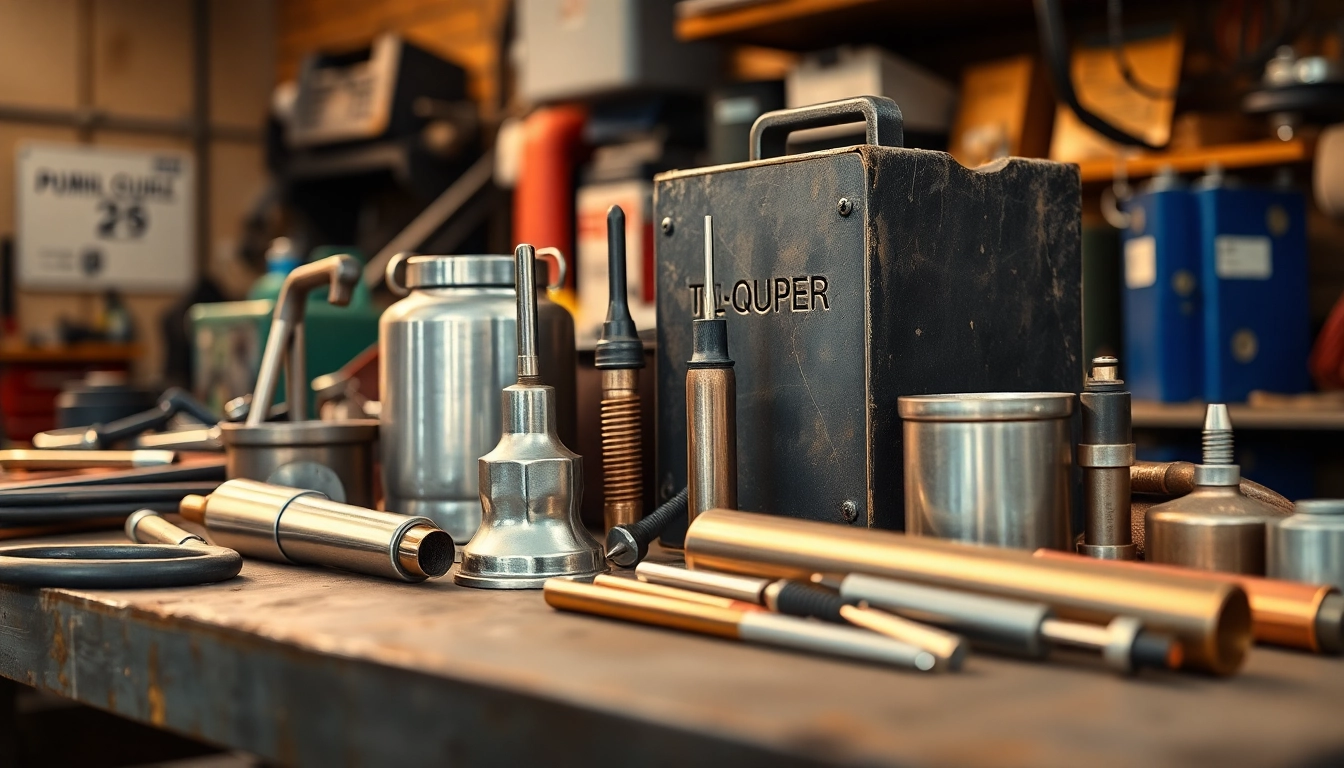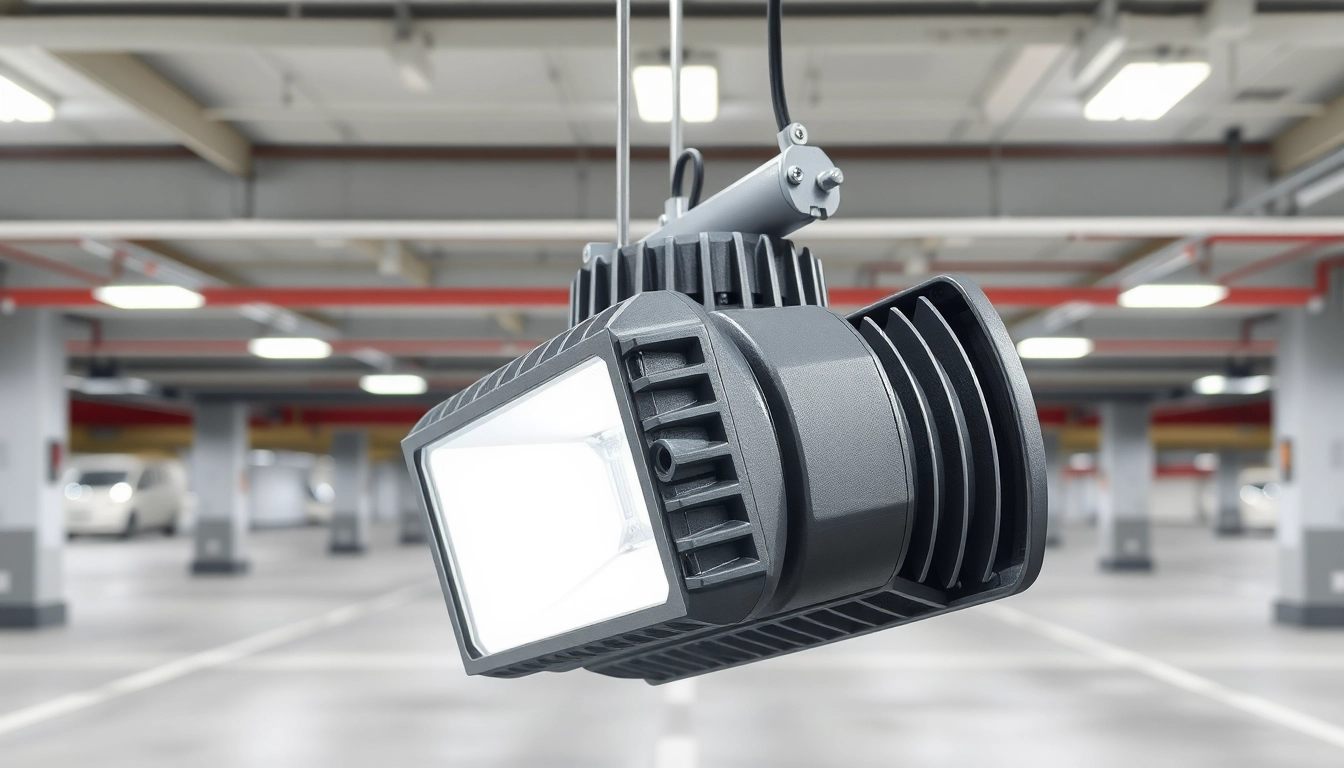Understanding Welding Supplies
Welding is an essential skill in various industries, from construction to manufacturing, and having the right welding supplies is critical for success. But what exactly qualifies as welding supplies, and how can you make informed choices when purchasing them? This guide explores the types of welding supplies, their benefits, and how to effectively use them to reach your welding goals.
What Are Welding Supplies?
Welding supplies encompass a wide range of tools, materials, and consumables necessary for various welding processes. This includes everything from welding machines, gases, and electrodes to safety gear and protective equipment. Whether you are a hobbyist taking up welding as a pastime or a professional welder operating in a demanding environment, understanding what constitutes essential welding supplies will enhance your overall efficiency and quality of work.
Types of Welding Supplies Available
There are several categories of welding supplies, each serving a specific purpose in the welding process:
- Welding Machines: These are the core components of the welding process. Types include MIG welders, TIG welders, stick welders, and multi-process welders.
- Welding Rods and Wire: Essential for creating welds. Common consumables include MIG wire, TIG rods, and stick electrodes.
- Welding Accessories: Items such as clamps, chipping hammers, and wire brushes assist in preparing and cleaning welds.
- Protective Gear: Safety gear is non-negotiable in welding. This includes helmets, gloves, jackets, and respiratory protection.
- Welding Gases: In processes like MIG and TIG welding, inert gases (like argon and CO2) are essential for shielding the weld pool.
Benefits of Using Quality Welding Supplies
Investing in high-quality welding supplies delivers multiple benefits:
- Improved Efficiency: Quality tools and materials function better, enabling you to work faster and meet deadlines.
- Enhanced Safety: Reliable protective gear minimizes the risk of accidents and injuries.
- Better Weld Quality: Using quality welders and consumables leads to cleaner and stronger welds.
- Longevity: Well-manufactured equipment tends to last longer, saving you from frequent replacements and repair costs.
Essential Welding Gear for Beginners
For those new to welding, the vast array of tools can be overwhelming. Knowing which essentials to acquire can help you get started with confidence.
Key Welding Tools Every New Welder Needs
As a beginner, it’s crucial to start with the basics, which can serve as a solid foundation for further exploration:
- Welding Machine: Choose a machine that suits the type of welding you’ll be doing (MIG, TIG, Stick).
- Welding Helmet: Invest in an auto-darkening helmet for better visibility during the welding process.
- Clamps and Magnets: These help in holding metal pieces securely in place while you work.
- Chipping Hammer and Wire Brush: Essential for cleaning joints post-weld to ensure quality.
- Personal Protective Equipment: Includes gloves, jackets, and ventilated helmets to protect against sparks and fumes.
Safety Equipment: Protect Yourself First
Safety gear is not merely an option; it’s a necessity in welding:
- Welding Gloves: Protect your hands from heat and radiation.
- Welding Jacket: Made of flame-resistant materials to shield your skin from sparks.
- Respirators or Face Masks: Necessary for environments where harmful fumes may be present.
- Foot Protection: Steel-toed boots to protect against heavy equipment and potential injury.
Choosing the Right Welder for Your Projects
Selecting the right welder is critical for achieving your project goals. Consider the following factors:
- Welding Process: Understand whether you need MIG, TIG, or stick welding based on your work demands.
- Power Supply: Ensure the welder can operate with the available power connections in your workspace.
- Weld Thickness: Different welders are suited for varying metal thicknesses, so choose wisely.
- Brands and Models: Research reputable brands and read reviews to help guide your decision.
Advanced Welding Supplies for Professionals
For experienced welders, having advanced supplies can significantly enhance the quality and efficiency of work.
Specialized Equipment for High-Performance Welding
Professional welders often require specialized equipment, such as:
- Multi-process Welders: Versatile machines that can handle various welding processes.
- Plasma Cutters: Ideal for cutting thin or thick materials quickly and efficiently.
- Fume Extractors: Essential for maintaining air quality in enclosed environments.
- Automated Welding Systems: Advanced solutions for production environments, providing consistency and efficiency.
Upgrading Your Welding Tools: When and Why
Knowing when to upgrade your welding equipment can lead to enhanced productivity:
- Performance Issues: If your current equipment can’t keep up with your work demands, it’s time to assess replacements.
- Changing Applications: As you take on new projects, adapting your tools to match will help maintain quality.
- Experience Level: As your skills improve, upgrading to more advanced equipment can allow you to tackle more complex tasks.
Best Brands for Professional Welding Supplies
When investing in welding tools, choosing reputable brands can ensure quality:
- Miller Electric: Known for durable and effective machines suitable for both amateurs and professionals.
- Lincoln Electric: Offers a range of welding equipment with an emphasis on technology and user-friendliness.
- ESAB: Renowned for producing high-quality welding consumables.
- Tweco: Specializes in MIG guns and accessories, providing reliable tools for professional use.
Buying Welding Supplies Online
With the growth of e-commerce, buying welding supplies online has become increasingly popular. However, navigating this landscape requires a strategic approach.
Top Online Retailers for Welding Supplies
Several reputable online retailers offer a wide selection of welding supplies:
- Cyberweld: A well-established supplier for discount welding machines and accessories.
- Welding Supply: Offers a comprehensive range of equipment and consumables from top brands.
- WeldingOutfitter: Known for reliable customer service coupled with a robust catalog.
- Miller Welds: Offers direct access to their extensive line of welding equipment and accessories.
How to Evaluate Welding Supplies Before Purchase
Ensuring that you make the best purchasing decisions involves careful evaluation:
- Specifications: Always check that the equipment meets your specific needs.
- Customer Reviews: Assess feedback from previous buyers to gauge performance and reliability.
- Return Policies: Ensure you understand the store’s return policy in case the product does not meet your expectations.
- Warranty Coverage: Look for options that offer good warranty terms, reflecting the manufacturer’s confidence in their products.
Maximizing Discounts and Promotions for Welding Gear
Getting the best deals can significantly reduce your expenses:
- Sign Up for Newsletters: Many retailers offer discounts for first-time subscribers.
- Holiday Sales: Keep an eye out for major sales events around holidays to save on big purchases.
- Bundle Deals: Look for promotions that include multiple items at a discounted price.
Maintaining and Caring for Your Welding Supplies
Caring for your welding equipment not only prolongs its life but also ensures safety and effectiveness in your work. Implementing best practices for maintenance is key.
Best Practices for Welding Equipment Maintenance
Regular upkeep is vital for welding tools:
- Regular Cleaning: After each use, clean your equipment to prevent the build-up of contaminants.
- Inspection: Routinely check for signs of wear or damage, especially in safety gear and welding machines.
- Lubrication: Keep movable parts well-lubricated to ensure smooth operation.
Storing Your Welding Supplies Safely
The way you store your welding supplies can affect their longevity:
- Dry Environment: Store equipment in a dry, climate-controlled environment to prevent rusting and degradation.
- Proper Organization: Use storage cabinets and labeled bins to keep everything organized and easily accessible.
- Packing Materials: Use original boxes or protective padding for delicate items like welding helmets or optics.
Extending the Lifespan of Your Welding Gear
Taking care of your welding supplies ensures they last longer:
- Train on Proper Use: Ensure that every user understands how to handle equipment correctly to avoid premature wear.
- Follow Manufacturer’s Guidelines: Adhere to maintenance guidelines provided by the manufacturer to achieve optimal results.
- Store Consumables Properly: Keep electrodes and wires in their original packaging until ready to use to prevent moisture damage.















Leave a Reply